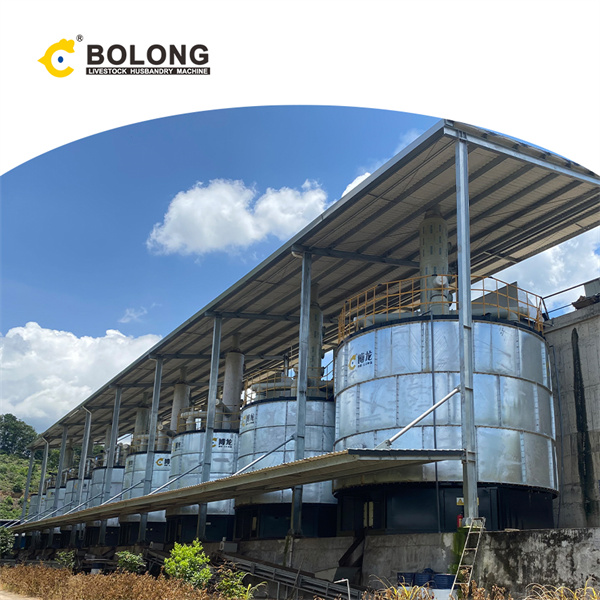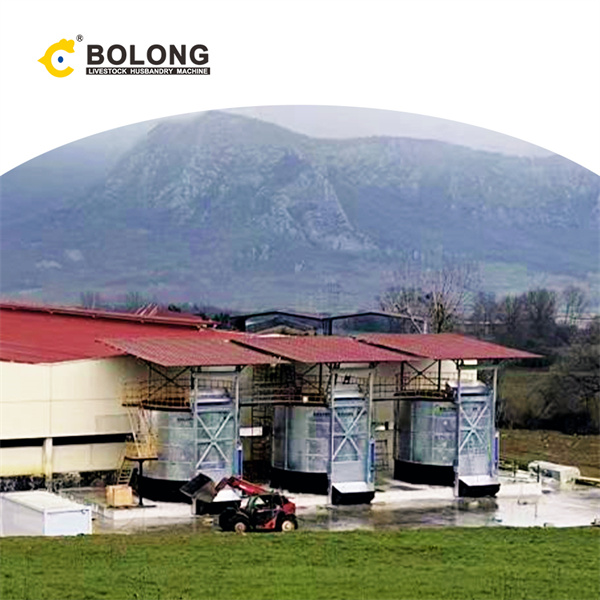Introduction: Investing in livestock fermentation tanks can have a significant economic impact on farming operations. This article explores the various economic benefits of using fermentation tanks for manure management.

Cost Savings on Fertilizers: By producing high-quality compost from manure, fermentation tanks reduce the need for synthetic fertilizers. This leads to significant cost savings for farmers, as compost can be used to fertilize crops, enhancing soil fertility and crop yields.
Waste Management Savings: Fermentation tanks streamline manure management, reducing the costs associated with storage, transportation, and disposal of manure. On-site processing minimizes these expenses, improving the overall profitability of the farm.
Additional Revenue Streams: Farmers can generate additional revenue by selling excess compost produced by fermentation tanks. High-quality compost is in demand for use in agriculture, landscaping, and gardening, providing a lucrative market for farmers.
Case Study: A beef cattle farm implemented fermentation tanks to manage its manure. The farm reduced its fertilizer costs by using the compost produced and sold excess compost to neighboring farms. The investment in fermentation tanks paid off within a few years, demonstrating their economic benefits.

Conclusion: Livestock fermentation tanks offer significant economic benefits, including cost savings on fertilizers, waste management savings, and additional revenue from compost sales. These advantages make them a valuable investment for farming operations.